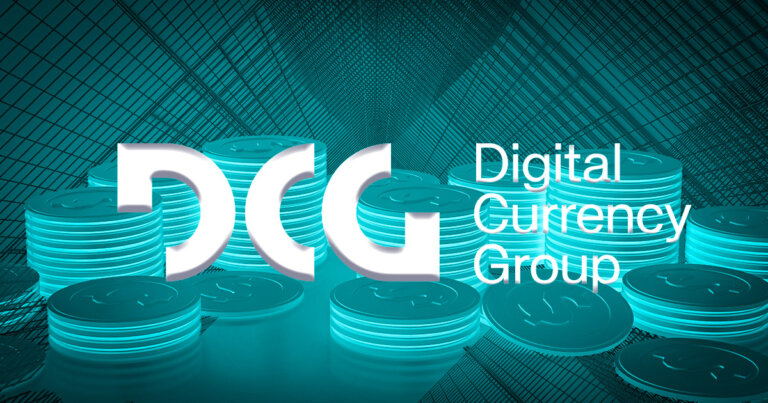 DCG, Silbert deny NYAG allegations, move to dismiss $3 billion lawsuit
DCG, Silbert deny NYAG allegations, move to dismiss $3 billion lawsuit DCG, Silbert deny NYAG allegations, move to dismiss $3 billion lawsuit
DCG and its CEO Barry Silbert have categorically denied the NYAG's allegations, framing them as baseless and lacking substantial evidence.

Cover art/illustration via CryptoSlate. Image includes combined content which may include AI-generated content.
Digital Currency Group (DCG) and its CEO Barry Silbert have filed motions to dismiss the $3 billion fraud lawsuit filed by the New York Attorney General’s Office (NYAG), arguing that the allegations levied against them are “baseless innuendo.”
The NYAG filed the lawsuit in October 2023 over allegations that DCG and its subsidiary Genesis Capital misled customers about the risks involved with the Gemini Earn program, causing losses for customers to the tune of $3 billion.
Genesis has already agreed to settle the lawsuit separately. Meanwhile, DCG has also filed an objection to the settlement.
DCG denies allegations
DCG has categorically denied the NYAG’s allegations, framing them as baseless and lacking substantial evidence. The company argued that its support for Genesis Capital was conducted in “good faith,” backed by sound advice from reputable consultants and investment advisors.
According to the filing:
“The allegations are a thin web of baseless innuendo, blatant mischaracterizations, and unsupported conclusory statements.”
In its defense, DCG contends that the allegations are a misguided attempt by the NYAG to find a scapegoat for the losses suffered by customers due to factors beyond the firm’s control.
The company asserted that it went above and beyond its obligations by injecting hundreds of millions of dollars into Genesis Capital in the lead-up to its bankruptcy filing.
The legal documents further detail the nature of the communications made by DCG and Genesis Capital, including retweets and statements deemed too vague to constitute fraud. The firm also challenged the applicability of New York’s Martin Act to its activities, arguing that the legal framework does not support the NYAG’s case.
‘Kitchen-sink approach’
At the heart of the defense is the assertion that Silbert was fully committed to supporting Genesis through the crypto market’s challenges in 2022, acting without any fraudulent intent.
The defense criticized the NYAG for employing a “kitchen-sink” approach — accusing it of grouping Silbert unjustly with other defendants and basing its case on improper group pleading.
According to the filing:
“Mr. Silbert is several steps removed from the alleged fraud, yet the Amended Complaint seeks to hold him personally liable and permanently bar him from the securities industry.”
Furthermore, it challenged the NYAG’s reliance on selective quotations from Silbert’s communications — which, when viewed in full context, purportedly demonstrate his ongoing confidence in Genesis’ financial health.
Silbert’s actions, including the provision of a $1.1 billion promissory note to Genesis, are highlighted as evidence of his belief in the company’s viability and his responsible oversight as CEO.
The defense also claims that he and DCG had nothing to do with the statement Genesis made to investors, which is the primary argument backing the accusations that the companies misled investors. The defense added that DCG did not believe those statements were fraudulent.
Additionally, Silbert’s team points out procedural concerns, noting the NYAG proceeded with the lawsuit without hearing Silbert’s testimony — testimony that was delayed due to his child’s health issues. This move, according to Silbert’s defense, underlines the NYAG’s haste and disregard for a comprehensive investigation.














































































































